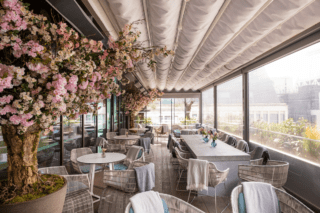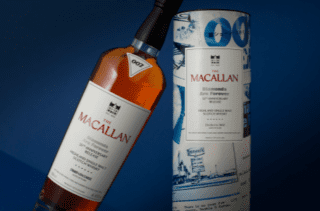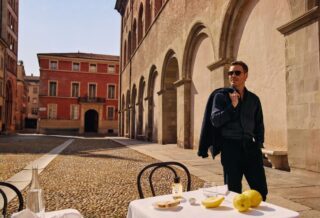This website uses cookies so that we can provide you with the best user experience possible. Cookie information is stored in your browser and performs functions such as recognising you when you return to our website and helping our team to understand which sections of the website you find most interesting and useful.
The Agave Trilogy pt. II: mezcal
By Gabriel Power | 21 February 2023 | Food & Drink, Travel
In collaboration with MexGrocer, Tempus looks at tequila’s rugged, smoky cousin – a must-have for spirit drinkers in the know
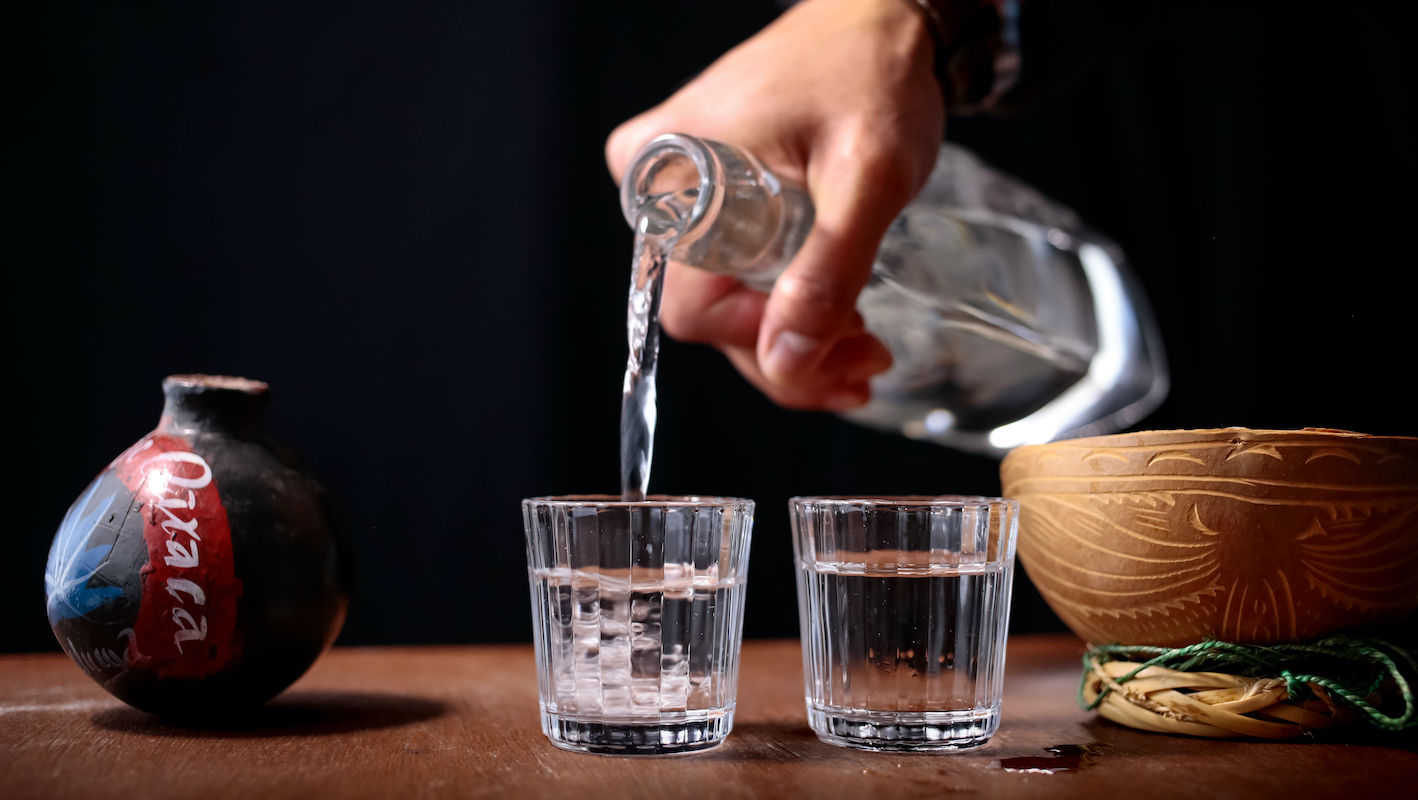
In this three-part series, Tempus is putting the more ubiquitous European tipples of whisky and wine to one side and instead taking a look at some of Mexico's finest agave-based spirits, which have grown in popularity among the knowledgable contingents of British society in recent years. In this second instalment, we take a dip into the wild world of mezcal – tequila's unruly, eccentric cousin.
To many in the drinks business, ingredients or manufacturing processes being awarded protected status come as both a blessing and a curse. On the one hand it can uphold the integrity of cultural heritage, such as in the case of the EU casting its bureaucratic blanket over whole regions of Europe in order to protect the production of certain iconic wines such as Champagnes and Bordeauxs.
On the other hand, these statuses can occasionally be shown up as a rather limiting influence on the production of great drinks, or at least somewhat stifling when it comes to innovation. The agave farmers in the foothills of the Jaliscan highlands – the only place in which true "tequila" can be legally produced – may appreciate the monopoly on production this protected status affords them, but this helping gubernatorial hand also constrains tequila to a stunted range of flavours in some capacities; as delicious as they may be, tequila blancos are almost universally earthy and punchy and anejos smooth and rich with caramel tones.
So what happens if you take the tequila distilling process, rip away most of the red tape and let the chips fall where they may? The answer is mezcal, tequila's chaotic, fiery cousin.

On a basic level, the literal meaning of "mezcal" can be traced back to the ancient language of the native Nahuatl people, who referred to the agave plant from which the drink is made as "mexcametl", which gradually morphed into "mezcal" after the arrival of the Spanish conquistadors and their introduction of distillation to Mexico's indigenous populations.
But etymology and GCSE history aside, to attempt to define mezcal as a drink in the modern world is to wade into somewhat murky waters – it's a term that foists an identity crisis onto the spirits that fall under its umbrella. It refers to distilled alcoholic beverages made from a wide variety of agaves, and as a result tequila is technically a mezcal, although few people – if any – would consider the venn diagram of the two definitions to cross over to any meaningful extent. They are, for all intents and purposes, closely related but very much separate spirits. Ask for a mezcal in any bar and there is a 0% chance you will be served a glass of tequila.
So, according to its more commonly accepted definition, what makes a mezcal? As mentioned above, mezcal can come from anywhere in Mexico and be produced with around 30 different types of agave, in contrast to the tight constraints put on tequila. But the most unique feature of mezcal is its production method, which could scarcely be further removed from that of tequila and gives the two spirits wildly different flavour profiles.
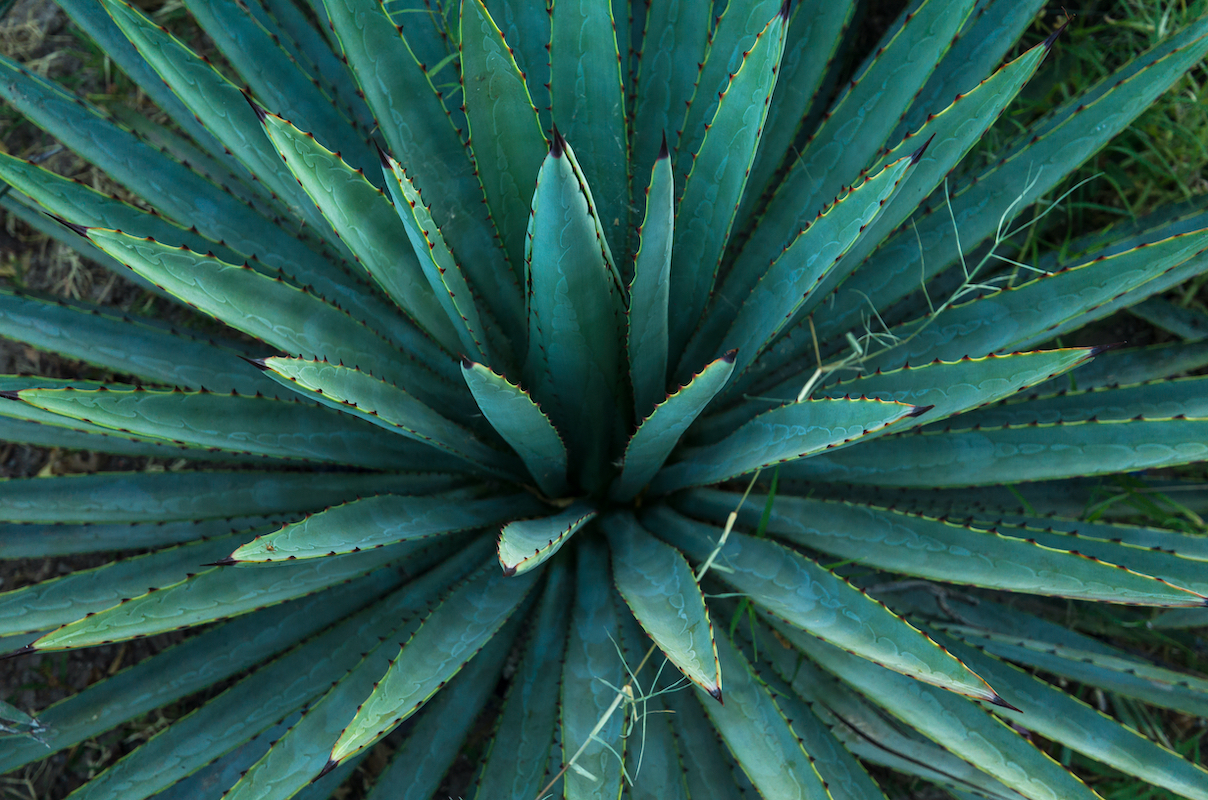
When producing tequila, the specifically picked blue weber agave is steamed in industrial ovens before being distilled multiple times in copper pots. The myriad agaves used for mezcal, meanwhile, are cooked in pits lined with lava rocks and filled with wood and charcoal before being distilled in clay pots. This gives mezcal a stunning smokiness that simply cannot be found in tequila, and adds a richness to the spirit that makes it ideal for sipping slowly or mixing into some killer cocktails.
But while all mezcals share an element of smokiness, this does not mean that all mezcals are the same. For a start, mezcals are aged after distillation for certain amounts of time in the same manner as tequila, with joven, reposado and anejo mezcals all available. Those looking for a punchy, earthy mezcal can opt for a joven such as Ojo de Dios ("Eye of God"), an artisanal mezcal from third-generation producer Maestro Francisso Ortiz which contains vibrant dried fruit notes underlaid by robust grassy flourishes and a sweet smoke. This is the ideal mezcal to sip neat or use in an indulgent, smoky margarita. Bonus points if you throw a raw jalapeno slice in the cocktail shaker for an added kick.
For something considerably richer, more full bodied and quite categorically not to be used in a margarita, it's difficult to go wrong with Los Danzantes Anejo Mezcal. Hailing from Oaxaca, this mezcal is made from the Espadín agave and spends 16 months maturing in oak barrels before being bottled at 46% ABV. This is a deep amber-coloured mezcal with almost unmatched depth, featuring a strong wood flavor with hints of vanilla, coconut and mocha. Sipped slowly over an evening, the Los Danzantes features a richness akin to a fine Armagnac and has a gorgeous, substantial mouthfeel; this is the indulgent end of the mezcal spectrum.
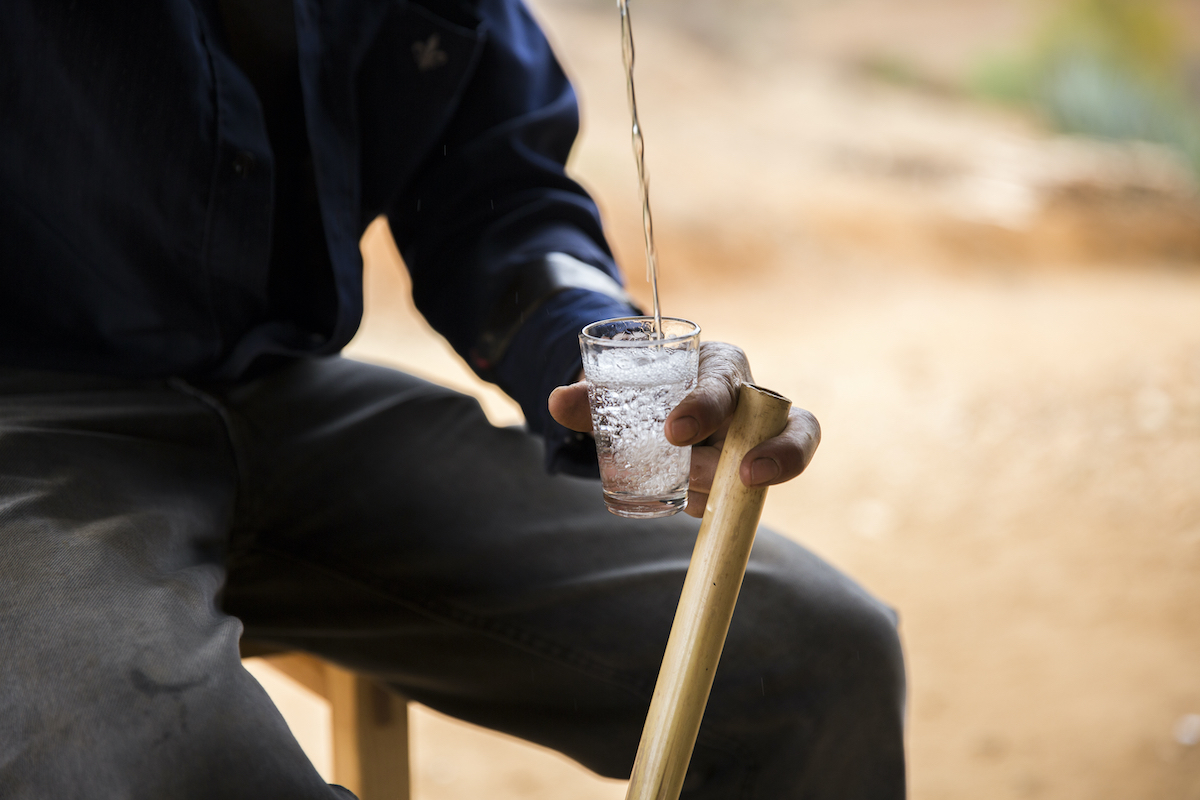
Yet despite most people being left scratching their heads when presented with mezcal, the spirit is hardly a well-kept secret among bartenders and spirit drinkers in the know. The hipster-filled haunts of Soho now serve mezcal margaritas and any cocktail bar worth its salt (which doesn't mix with mezcal, by the way) will have a selection of the spirit for those angling for a night of sipping the agave nectar.
But problematically, the Mezcal Regulatory Council has left producers of the drink rather hamstrung, and it may be some years before mezcal becomes truly mainstream in Europe and beyond. While not nearly as heavily regulated as tequila, mezcal is still subjected to a handful of rules that limit its reach, including the bizarre stipulation that it may not, unlike tequila, be exported in bulk.
These restrictions, along with the somewhat loose definition of mezcal, have not only curtailed its potential, but even led to the perpetuation of a number of bizarre myths surrounding the drink. One is the strangely ubiquitous belief that mezcal is served with a small worm in either the bottle or the glass – something very few people still do. Another is that the drink is so strong that it has hallucinogenic properties, despite the fact that mezcal is almost always similar in strength to tequila at around 40% ABV; it is thought that this erroneous belief stems from a confusion between mezcal and the recreational drug mescaline, despite the two being entirely unrelated.
What is true, however, is that not matter which way you slice it, mezcal is a worthy equal to its more famous cousin tequila. It's rich, bold, earthy and smoky. It's a versatile, indulgent spirit that can be used in a multitude of different ways, with each distillery offering their own unique take. If you're looking to spice up your drinks cabinet with something worldly, unique and yet thoroughly accessible, the answer – once again – is mezcal.
Be sure to check out the first instalment of this series, about tequila, which can be found here, and read the final instalment focusing on raicilla here.
All drinks mentioned in this article can be found at MexGrocer.co.uk, the largest retailer of Mexican products in the UK.





